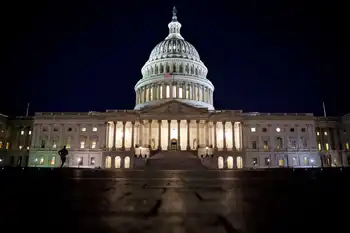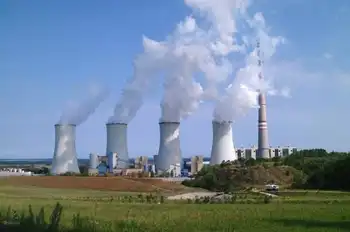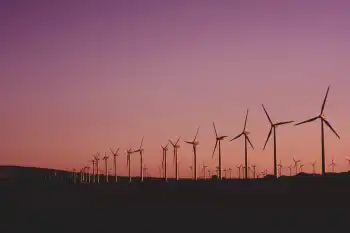Iran may pull out of nuclear treaty
TEHRAN, IRAN - Iran has indefinitely postponed its negotiations with Moscow over a Russian plan to enrich Iranian uranium and will consider withdrawing from the Nuclear Nonproliferation Treaty if it is deprived of its positive aspects, Iran's presidential spokesman Gholamhossein Elham said recently.
The talks with Russia, which were to have resumed February 9, have been postponed and will reconvene at a time of "mutual agreement," Elham told reporters.
Elham said the negotiations had been postponed because of the "new situation," a reference to the International Atomic Energy Agency's decision earlier this month to report Iran's nuclear file to the United Nations Security Council.
Iran strongly protested the referral, which Russia, a long time ally, supported.
Elham reiterated what President Mahmoud Ahmadinejad said on Saturday, when he told a crowd in Tehran that Iran will "revise" its policy toward the IAEA regulations and the Nuclear Nonproliferation Treaty if it finds they are being used against it.
Elham said the world had to recognize Iran's rights as a signatory to the treaty and regulations, "otherwise there is no reason to continue our current nuclear policy while we are deprived of the positive aspects of the treaty."
The Russian government had proposed that Iran ship its uranium to Russia, where it would be enriched to a level suitable for nuclear reactors, and then returned to Iran to be used in its Russian-built reactor at Bushehr, which is due to go on stream later this year.
The plan was an attempt to avoid international objections to Iran's enriching uranium — a process that can also produce material for nuclear weapons.
After Iran was reported to the Security Council, it announced that it would resume large-scale enrichment of uranium. But it has yet to declare that this has begun.
Elham was asked if Iran was delaying the resumption of large-scale enrichment until after the International Atomic Energy Agency's meeting in March. He replied "no," but did not elaborate.
The IAEA is due to issue a report on Iran at its March meeting, after which the Security Council is expected to consider taking steps against the country.
The United States and Israel accuse Iran of seeking to build a nuclear bomb under cover of a peaceful nuclear program. Iran denies this, insisting its program is confined to the generation of electricity.
Elham repeated Iran's line that if the Security Council imposes sanctions on Iran, they will backfire.
"If some western countries, provoked by Israel, intend to put pressure on Iran, then they will also loose. We do advise the United States and Europe to decide in a rational and prudent way," he said.
Before the International Atomic Energy Agency reported Iran to the Security Council, Iran had said the Russian plan did not fulfil its requirements but was worth pursuing further in negotiations.
Related News

Rolls-Royce expecting UK approval for mini nuclear reactor by mid-2024
LONDON - A Rolls-Royce (RR.L) design for a small modular nuclear reactor (SMR) will likely receive UK regulatory approval by mid-2024 and be able to produce grid power by 2029, Paul Stein, chairman of Rolls-Royce Small Modular Reactors.
The British government asked its nuclear regulator to start the approval process in March, having backed Rolls-Royce’s $546 million funding round in November to develop the country’s first SMR reactor.
Policymakers hope SMRs will help cut dependence on fossil fuels and lower carbon emissions.
Speaking to Reuters in an interview conducted virtually, Stein said the regulatory “process has been kicked off, and will likely be complete in the middle of…




